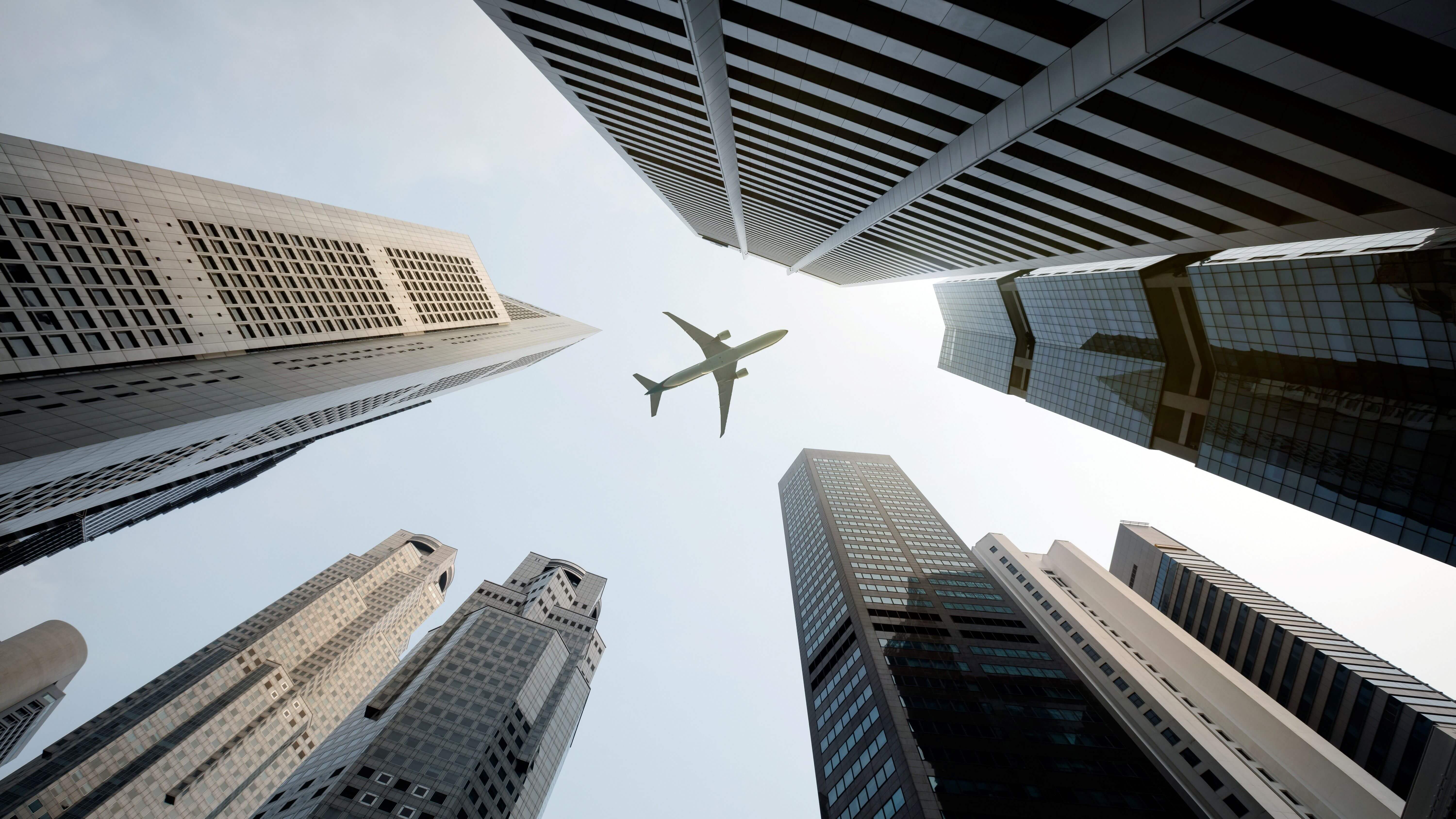The integration of AI in travel isn't a mere technological upgrade; it's a paradigm shift in how we perceive and manage travel.
How Optimising Travel Data Can Boost The Profitability Of Your Business
The integration of AI in travel isn't a mere technological upgrade; it's a paradigm shift in how we perceive and manage travel.

For businesses engaged in travel, the message is clear: integrating AI-driven solutions into travel strategies isn't an option; it's a necessity.
Meet. Zoom. Teams. Video-conferencing calls, AI automated dictation tools - these are all staple parts of many corporate work environments today. Despite the ease that these services bring, travel remains a cornerstone for many enterprises and helps to fuel the engines of commerce.
However, the landscape of business travel continues to shift amidst rapidly changing global events and businesses must stay adept and agile to meet their travel-oriented objectives. The current conundrum is clear: how can businesses optimise travel data technology to harness profitability while ensuring safety and efficiency?
It's tempting to focus on traditional ways to improve travel - better flight connections, efficient accommodations, and streamlined itineraries. But the transformative and powerful tool of AI, when intertwined with travel data technology, becomes a potent solution for addressing travel challenges, ensuring safety, and driving profitability.
From the Generic Mainstream to the Personalised Touch: Every traveller has unique preferences and a specific risk profile. By leveraging AI to analyse past travel data to predict how varying disruptions might impact different travellers, businesses can offer bespoke recommendations and pertinent safety information.
Such personal touches can range from preferred flight timings or dietary preferences during a conference to booking accommodation with higher safety standards. Leveraging travel data can also help businesses provide real-time updates and support, such as flight delays, alternative routes, or even local event suggestions.
When advice is tailor-made rather than generic, it enhances the overall travel experience, fostering loyalty and ensuring repeat business.
Dynamic Risk Management and Travel Risk Intelligence: Our world is unpredictable. Political upheavals, health crises, natural disasters - the potential disruptors are numerous. Rapid global events can also drown us in a deluge of information, making it challenging to discern actual threats from mere distractions.
With AI tools, businesses can monitor a multitude of information sources in real time, be it social channels, news outlets, or official advisories. Such relentless scrutiny minimises surprises and cultivates a proactive travel culture.
AI's predictive analysis can anticipate potential disruptions. By analysing patterns from vast global datasets, AI can proactively guide businesses in adjusting their travel plans, ensuring continuity and mitigating potential risks.
Ultimately, the essence of travel risk intelligence lies in its ability to safeguard individuals, mitigate unforeseen costs, and ensure the fluidity of business operations.
While staying alert to evolving risks is crucial, the integration of AI and automation tools offers unprecedented capabilities in managing the information avalanche and accelerating decision-making processes.
AI tools fortify travel teams, ensuring companies remain prepared, travellers receive bespoke advice, and insights are directly translated into actions, enhancing the overall travel experience.
Economic Efficiency and Operational Smoothness: The financial implications of international travel are significant. AI's dynamic pricing models, based on real-time data, allow businesses to seize cost-effective opportunities, be it in flight bookings, accommodations, or other travel services by adjusting prices based on demand, historical data, and other variables.
Every minute saved in unnecessary delays or convoluted processes is a minute earned in productivity. AI aids in optimising routes for airlines, streamlining inventory for hotels, and ensuring that each segment of the travel chain operates seamlessly.
This operational efficiency not only enhances the traveller's experience but also ensures that the primary purpose of the travel — business — is achieved optimally. Such proactive cost management directly impacts the bottom line leading to efficient resource allocation and cost savings.
Turning Green with Sustainable Approaches: In our increasingly eco-conscious world, sustainability is more than just a buzzword. With AI, businesses can calculate the carbon footprint of every journey with precision and it can also assess the environmental footprint of various travel modes and combinations.
For instance, it might recommend a train over a short-haul flight in regions where rail infrastructure is efficient and eco-friendly. By suggesting the most sustainable travel options based on real-time data, AI ensures that businesses do not compromise on efficiency even as they reduce their carbon emissions.
Transparency is paramount in today's corporate ecosystem. AI can help businesses communicate their sustainability efforts clearly to stakeholders. Through visually appealing dashboards and detailed reports, companies can showcase their commitment to green practices, enhancing brand value and trust.
The future of business travel sits at an exciting juncture. While the challenges are real and multifaceted, the solutions - powered by AI - are equally robust. The integration of AI in travel isn't a mere technological upgrade; it's a paradigm shift in how we perceive and manage travel. For businesses engaged in travel, the message is clear: integrating AI-driven solutions into travel strategies isn't an option; it's a necessity.
It's the bridge between reactive decision-making and proactive, informed choices. It's the tool that helps to ensure the safety of travellers, optimises costs, and works to ensure that the primary objective of business travel - business itself - can get done. The era of AI in travel has dawned, and it's an era of unprecedented possibilities and profitability.
About the author
Suzanne Sangiovese is Commercial Director at Riskline. Suzanne has over a decade of experience in the travel industry. In her role as Director of Travel and Technology at Riskline she oversees developing and implementing strategies that promote Riskline’s growth in the travel sector, as well as fostering the new vision for the company’s technical products.
Suzanne serves on the Global Business Travel Association (GBTA) Europe’s Risk Committee and is a member of the Women in APIs community. She holds an MSc in International Security and Global Governance from Birkbeck, University of London.
Thanks for signing up to Minutehack alerts.
Brilliant editorials heading your way soon.
Okay, Thanks!

